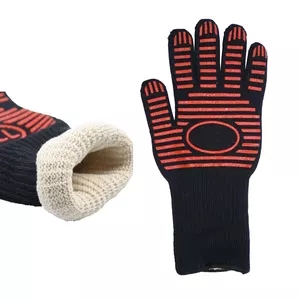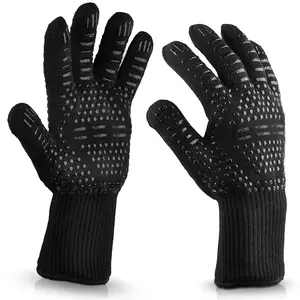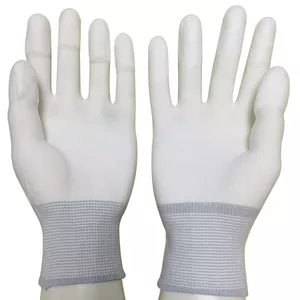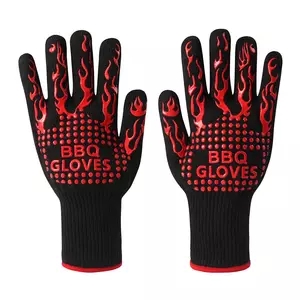Heat-resistant gloves are protective gloves that can block various forms of high temperature heat and prevent damage to their opponents. It is mostly used in high temperature environments in semiconductor, electronics, precision instruments, integrated circuits, liquid crystal displays, biopharmaceuticals, optical instruments, food and other industries.
Heat-resistant gloves can be divided into: carbon fiber insulated gloves, asbestos insulated gloves, glass fiber insulated gloves, aramid insulated gloves, and ordinary materials insulated gloves.
According to the performance, it can be divided into: ordinary heat-resistant gloves, flame-retardant heat-resistant heat-insulated gloves, dust-free heat-resistant heat-insulated gloves, anti-static heat-resistant heat-insulated gloves, dust-free, static-resistant heat-resistant heat-insulated gloves, anti-cutting, wear-resistant, heat-resistant heat-insulated gloves . Two factors that must be considered when choosing heat-resistant and heat-resistant gloves are: contact temperature + single contact time. These two factors are indispensable. The temperature of the object in contact is to consider that the glove material on the contact surface of the glove and the high-temperature object will not undergo physical or chemical reactions due to high temperatures, such as burning or carbonization after reaching the ignition point, or oxidation after high temperature. The single contact time is to consider the time when the temperature from the outer surface of the glove reaches the inner layer of the glove and exceeds the temperature that human hands can tolerate. If your single contact is less than this time, then it is within a safe time range.
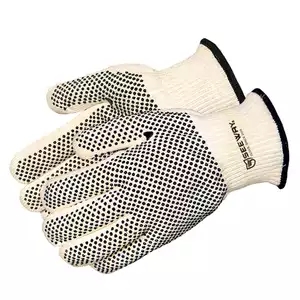

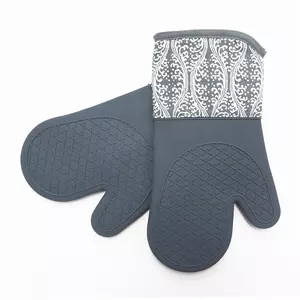
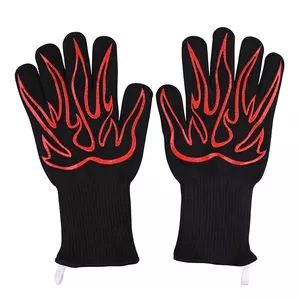
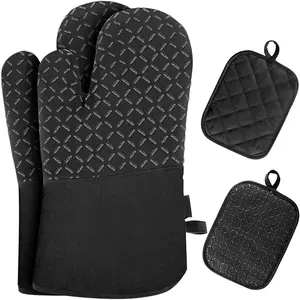
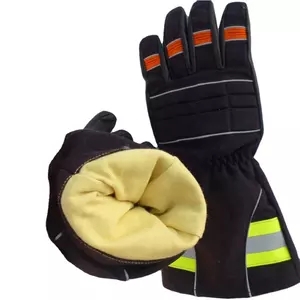

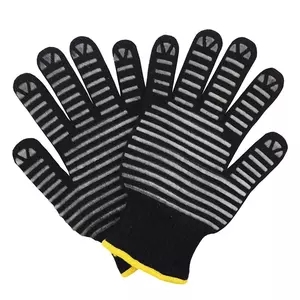

Features
The heat-resistant gloves are made of special aramid material, and the surface of the gloves is free of powder, particle pollutants, and no lint, so it will not pollute the dust-free environment.
It can be used in a high temperature environment of 180-300℃.
Thermal insulation gloves can be used in high temperature environments in semiconductor, electronics, precision instruments, integrated circuits, liquid crystal displays and other electronics and biopharmaceuticals, optical instruments, food and other industries.
